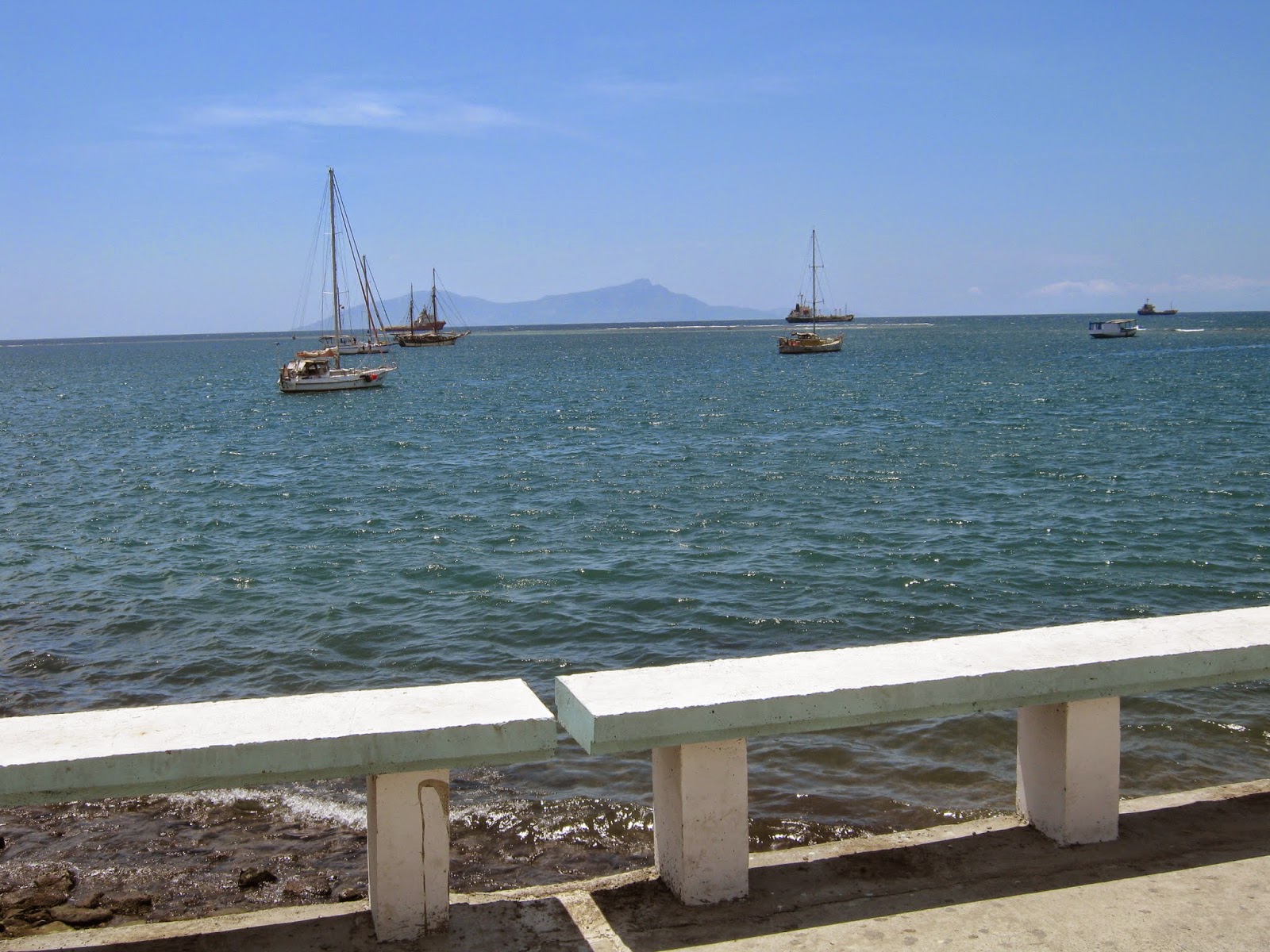HEALTHCARE SHORTAGE IN EAST TIMOR
I started buying the local
newspaper (“Timor Post”) and have been amused + appalled at the
shortages within their public hospitals (food and medication, will
attach photos in the future).
It saddens me that the public
hospitals are underfunded even though they have the money to fund it
properly (from the oil/gas revenues) due to significant corruption by
politicians. I've read that they only have 10-15 years' of oil left, which is extremely scary given that their GDP is supposedly ~90% dependent on oil. An East Timorese person told me that ALL of the oil money is already gone (!!!!!), and that those research papers were just being overly optimistic... : (
I also wondered when I get back to
Australia, I'll get jaded/absolutely fed up with patient complaints
that are relatively minor in comparison. I worry that I might find Clinical Medicine in Australia less fulfilling for various reasons.
Will the Australian patients (esp.
in GP setting) seem like “whiny losers” after my East Timor
experiences? Will I start resenting the majority of Australian
patients for their “lack of perspective”, and their taking for
granted of the Australian public health system, which by world
standards is very high class and accessible? And what about the
stereotypical Australian drug-seeking patients on disability pensions from
Centrelink for “questionable” conditions, who demand extra
scripts of Morphine / Oxycodone for abuse or diversion (to get extra
$$$), even though such drugs are in extremely short supply in East
Timor, to the point where Palliative patients in severe pain can only
receive Codeine or Tramadol at the best?
I know that my East Timor
experiences will forever remain with me (until I die or get memory loss), but
I'm not sure if I'll be able to deal with the “Reverse Culture
Shock” in the long-term. It may be “heart-breaking” to see the
contrast of “feast vs famine” in terms of Medical Resources, but
I hope that if this is the case, that it'll push me towards pursuing
Pathology Training permanently, 100%, ***LOCKED-IN***. Maybe it might
be a blessing in disguise, in helping to clarify career goals and
altruistic aspirations?
CUBA HELPS EAST TIMOR MORE THAN PORTUGAL?!
I started watching the main East
Timorese TV Channel at night, which apparently only has native
programs for ~ 3 hrs / day, the remaining being Portuguese programs
direct from RTL International.
The exposure to Portuguese people
and lifestyles on TV (soap operas, festivals, talk shows) is
blatantly obvious. I wondered if East Timorese people grow resentful
of the Portuguese for the relative lack of help in their nation's development, apart from “forcing” students to learn Portuguese
instead of Indonesian. Just look at the other ex-Portuguese
colonies like Angola and Mozambique.
I was baffled as to why Portugal
has barely sent any doctors to help East Timor. My impression was
that they needed to rely on Cuban doctors, plus the fact that Cuba
(not Portugal) offered medical scholarships to train East Timorese
doctors.
Even in spite of Portugal's
relative poverty in Europe, it's far wealthier to East Timor by
comparison, yet has seemingly done little to help in healthcare apart
from establishing a colonial presence.
TETUM LANGUAGE DIFFICULTIES
I thought that the huge lack of
vocabulary of Tetum compared to English was one facet of the relative
“simple-mindedness” and “purity” of East Timorese people, but
have actually found it harder than I initially thought due to the
extra reliance on context, to compensate for the greater percentage
of words having multiple meanings.
I explained myself, and then she
then said that although the dictionary says that “hadomi” can
mean “pity”, it's more common to use the word “hanoin”, but
then that can also mean “think” and “opinion”.
I'm starting to worry that when I
say one thing, the East Timorese will misinterpret me, even if I
thought the context was clear. I personally like to have 1 word for 1
meaning, and am doing my research for Tetum words (especially the
Portuguese loans) that match 1-on-1 with English.
I'm getting humbled by their
language, and have been deceived by its superficial simplicity. I'm frustrated that the words I say in Tetum may have less "Ooooomph" (emphasis/power) due to the semantic uncertainty (being dependent on Context), but the East Timorese people have been coping with this for a long time,being able to share with each other their deepest, rawest feelings and thoughts with perfect comprehension when the "time calls for it".
Perhaps it's due to their superior intuition (maybe even more so than
a non-East Timorese NT) and context-analyzing abilities, that they're
able to communicate adequately with fewer words, even if they don't
use the Portuguese loans. Not only do I have to work on the language
itself, but my (mechanical) intuition...

















































